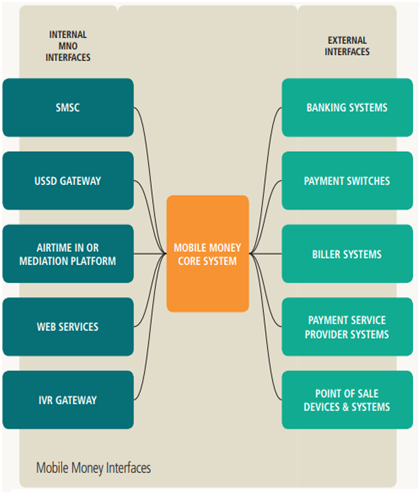Mobile payments are a form of digital payment that enables users to make purchases using their mobile devices, such as smartphones and tablets. This technology has become increasingly popular in recent years, with more and more people opting to use their mobile devices to pay for goods and services.
Pros of Mobile Payments:
Convenience: One of the main benefits of mobile payments is convenience. With mobile payments, you can make purchases quickly and easily from anywhere, without having to carry cash or credit cards. You can simply use your smartphone or tablet to make a payment, which is especially useful when you are on the go.
Security: Mobile payments are generally considered to be more secure than traditional payment methods. Many mobile payment systems use encryption and other security measures to protect your personal and financial information. In addition, mobile payments can also reduce the risk of fraud, as they often require biometric authentication, such as a fingerprint or facial recognition.
Rewards and Incentives: Many mobile payment providers offer rewards and incentives to users, such as cashback, discounts, and loyalty points. These rewards can add up over time, providing you with a financial benefit for using mobile payments.
Financial Inclusion: Mobile payments can also promote financial inclusion, as they enable people who do not have access to traditional banking services to make digital payments. This can be especially beneficial in developing countries, where many people do not have access to traditional financial services.
Cons of Mobile Payments:
Dependency on Technology: One of the main drawbacks of mobile payments is their reliance on technology. If your device loses power or you do not have access to a reliable internet connection, you may not be able to make a payment. This can be frustrating and inconvenient, especially if you need to make a payment urgently.
Security Risks: While mobile payments are generally considered to be more secure than traditional payment methods, they are not foolproof. Hackers and fraudsters may attempt to gain access to your personal and financial information, which could lead to identity theft or financial loss.
Transaction Fees: Some mobile payment providers charge transaction fees for using their services. These fees can add up over time, especially if you make a lot of transactions.
Limited Acceptance: While mobile payments are becoming more popular, they are not yet universally accepted. Some retailers may not accept mobile payments, which means you may need to carry cash or a credit card as a backup payment method.
Conclusion:
Mobile payments are a convenient and secure way to make digital payments. They offer a range of benefits, such as convenience, security, and rewards, and can promote financial inclusion. However, there are also some drawbacks to consider, such as the dependency on technology, security risks, transaction fees, and limited acceptance. Before using mobile payments, it is important to weigh the pros and cons and choose a payment method that best suits your needs and preferences.





